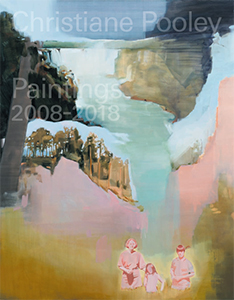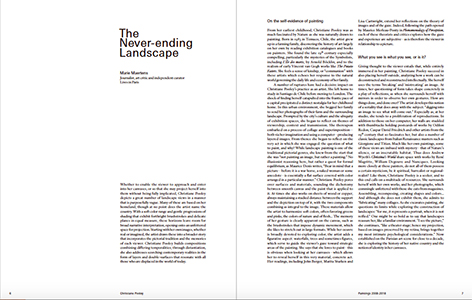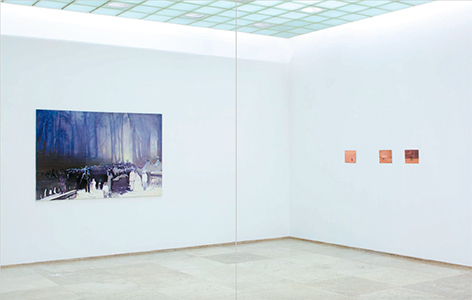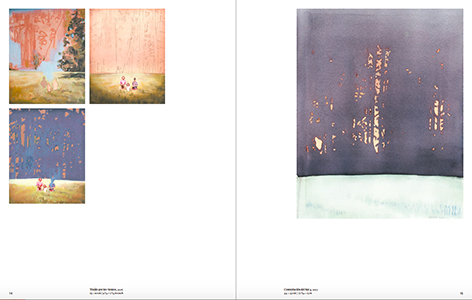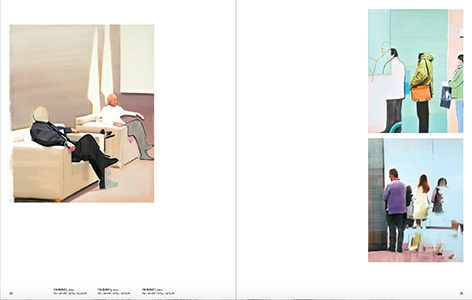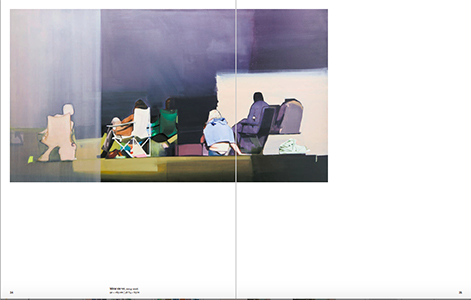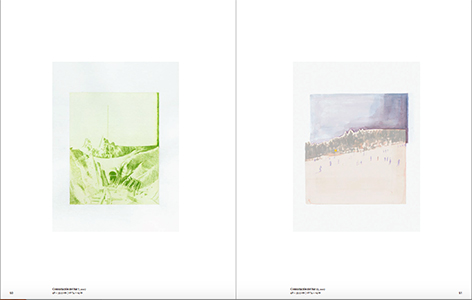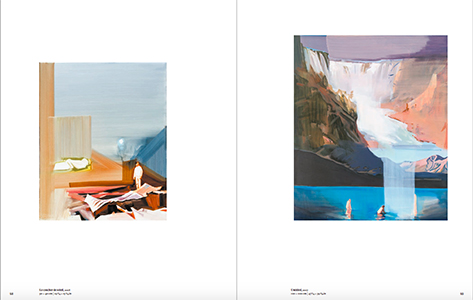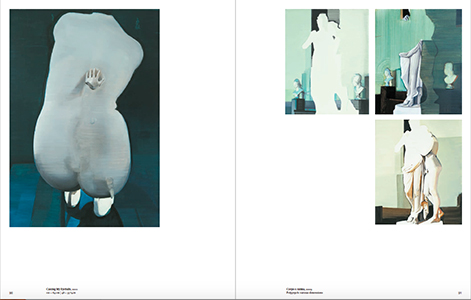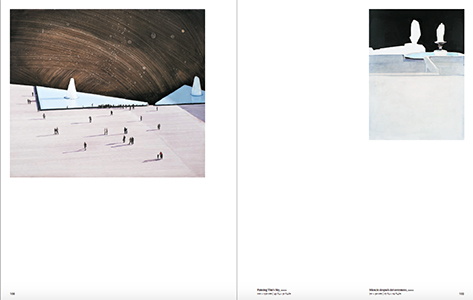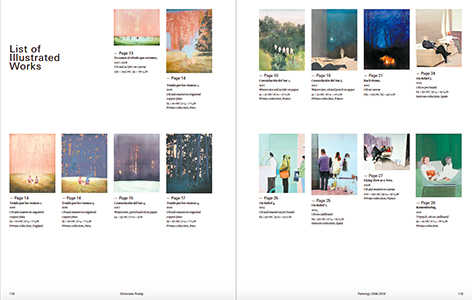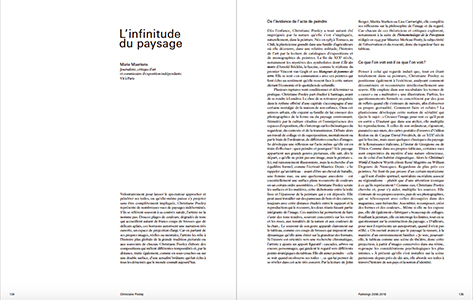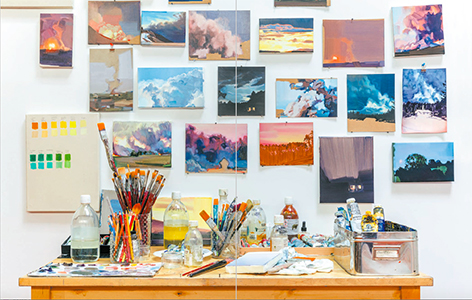This publication provides the first overview of Christiane Pooley's work to date: a landscape painter unveiling the instability of social structures, the Chilean artist has developed a universe which summons the sublime, the
melancholy and the
political. With texts by Marie Maertens and Laura Morrison.
Christiane Pooley feels her way through memory and history as she paints. Landscape predominates throughout, tender with complex events and bodies, unresolved tensions held by a very particular quality of light.
Part dream, part documentary, Pooley's work situates the viewer in a hazy place. We are not quite sure where we are grounded. Layers of time—past and present—softly conjoin, collaborate, trouble one another. We absorb these relations via a certain visual resonance, through repeated scenes, studies in the passage of time.
Her paintings hold a deep relation to
Romanticism, combined with a contemporary sense for the politics of place, of mutable perspectives, simultaneities and dissonances. Pooley learns as she paints and continues to offer us a slow dance with the sublime, the melancholy and the political.
Chilean
painter Christiane Pooley (born 1983 in Temuco de Chile, lives and works in Paris) is interested in the potentiality of images to embody both ways of seeing and feeling, and also questions notions of territory and territoriality. Using images and stories from the history of her country and personal records, she paints
travellers, vagrants, migrants and tourists, that hover between soft layers of
landscape, domesticity and
abstract space. The partial deconstruction of pictorial illusion, as well as the dream-like layering of disparate spaces, evoke a feeling of a suspended fragility; one that echoes the instability in social constructions such as the sense of belonging or
identity.


